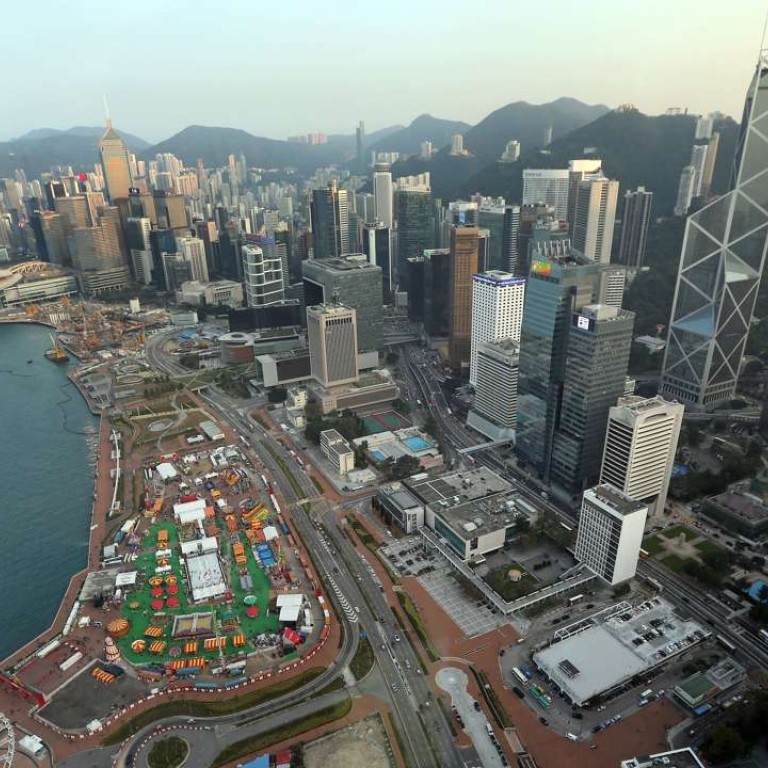
Hong Kong ranked world’s freest economy again, but recent events cast doubt over future showing
City followed by Singapore and New Zealand in think tank’s annual study
Hong Kong has continued to beat its key rival Singapore to be ranked the most economically free market in the world, according to the Fraser Institute in Canada.
The city has been ranked atop the study every year since 1970.
Singapore again nailed down second, with a score of 8.71, and New Zealand followed with 8.35 points.
China took 113th place with 6.45 points while the United States placed 16th.
The Fraser Institute measures economic freedom by analysing countries’ policies and institutions, such as levels of personal choice, an ability to enter markets, the security of privately owned property and rule of law.
The institute’s Fred McMahon argued economic freedom was positively correlated with prosperity and a higher quality of life.
“The lowest-ranked countries are usually burdened by oppressive regimes that limit the freedom and opportunity of their citizens,” he said.
The five lowest-rated countries were the Central African Republic, Argentina, the Republic of the Congo, Libya, and Venezuela, which came last with a score of 3.29 in the study.
Life expectancy in the top quartile of countries was 80.4 years, compared with 64 years in the bottom quartile.
Hong Kong officials welcomed the city’s showing and vowed to uphold its tradition of an open and free trade and business environment, a small and efficient government and the rule of law.
“In a world of keen competition, we cannot afford to be complacent,” a government spokesman said.
Referring to the report, Financial Secretary John Tsang Chun-wah told students at Nazarbayev University in Astana, Kazakhstan that the city needed to keep pushing new boundaries to maintain its No 1 status.
For Hong Kong’s economy to reach new heights, we must continue to seize fresh opportunities
“[The] rule of law, our focus on education and talents, as well as our commitment to free-market principles have served Hong Kong well, and they will continue to do so,” he said. “But for Hong Kong’s economy to reach new heights, we must continue to seize fresh opportunities.”
But economist Andy Kwan Cheuk-chiu, director of the ACE Centre for Business and Economic Research, said political controversies in the city in recent years could harm its economic freedom.
He noted in particular the case of five Hong Kong book publishers who specialised in books critical of the Chinese Communist Party and went missing, leading to fears that mainland agents had abducted them.
Kwan added that, aside from the bookseller saga, a “constant tension” in the city had created many uncertainties. “Disputes do exist in free countries, but they are not as serious as those witnessed in Hong Kong,” he said.
Additional reporting by Danny Lee

